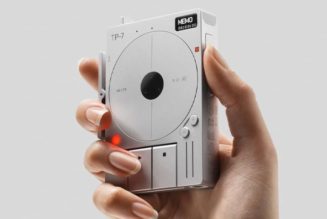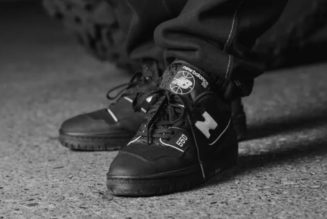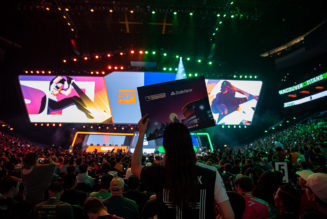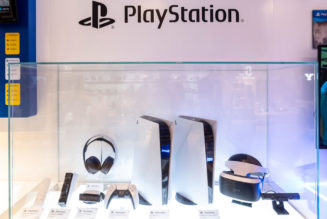The 24.5-megapixel body has physical dials and looks like a classic FM2, but it’s got a bit of the Z8 and Z9’s tech inside.
Share this story
See our ethics statement.
After nine years of occasionally chasing the retro-camera-with-modern-features unicorn, Nikon may have finally gotten the formula right.
The Japanese camera maker is announcing the Nikon ZF, a modern mirrorless camera packed with fairly high specs — like a 24.5-megapixel full-frame sensor, 299-point tracking autofocus with subject detection, in-body image stabilization, and dual card slots (of a sort) — in a body that looks just like one of the camera’s analog forebears. Nikon may have done this dance before with its trifling ZFC and long-forgotten Df DSLR, but it’s correcting its main mistakes with those cameras by giving the ZF a full-frame sensor and competitive price of $1,999.95 when it launches mid-October.
While the Df may look a whole lot like an old Nikon FM2 or FE2 film camera, it’s got the same Expeed 7 processor found in Nikon’s higher-end Z8 and Z9 cameras, along with much of their accouterment. The ZF has five-axis in-body image stabilization Nikon claims is good for eight stops of correction, 3D tracking autofocus, 4K 10-bit H.265 video with up to 60 frames per second cropped or 30fps full-width, an articulating 3.2-inch touchscreen, and continuous burst shooting up to 30fps. But what separates the ZF the most from the Z8 and Z9 are its vintage looks with classic dials, a dedicated switch for monochrome mode, and an audible KACHUNK-sounding mechanical shutter (the Z8 and Z9 solely use electronic shutters).

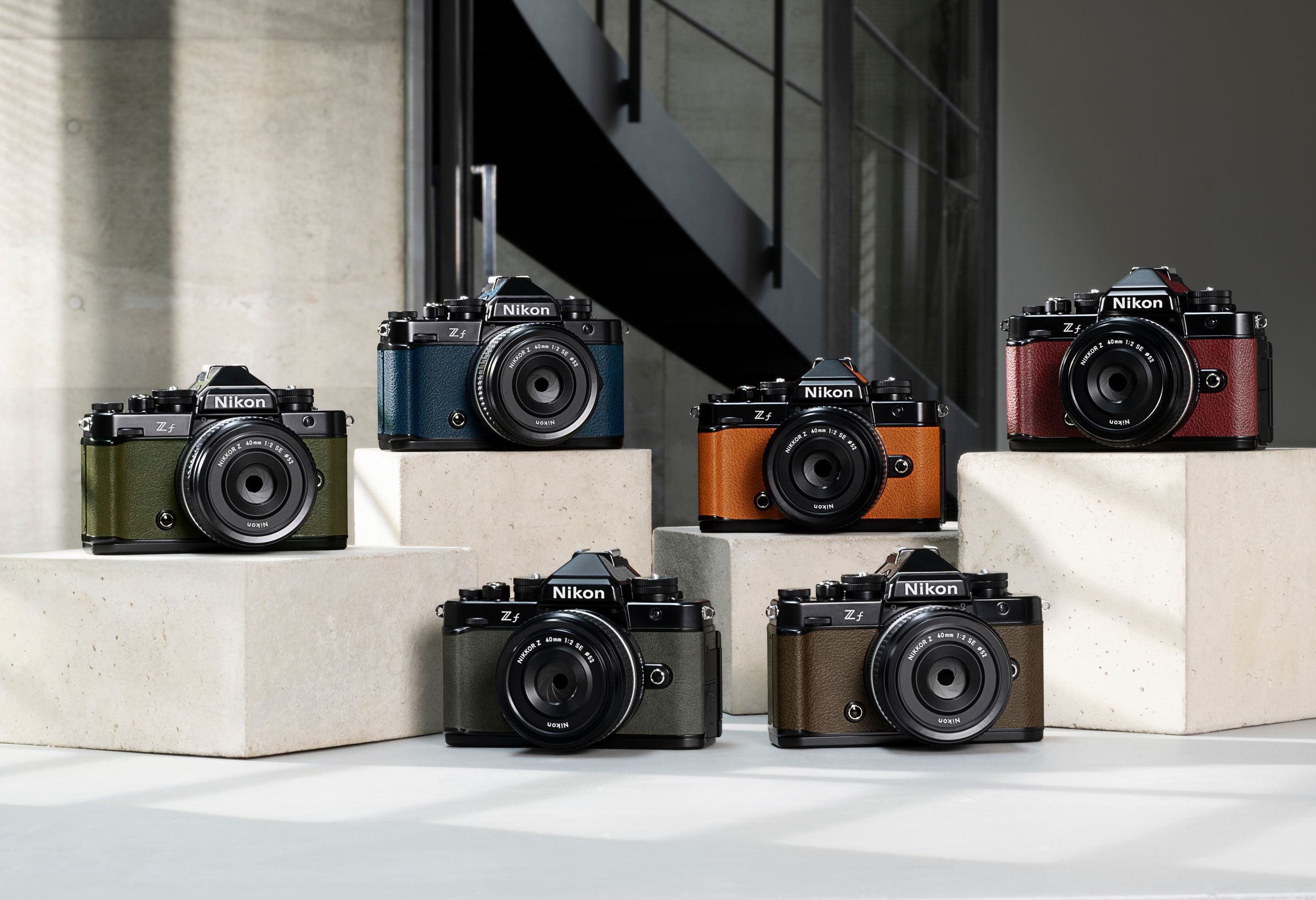
It’s those looks, sounds, and feel that really give the ZF its greatest charm, as my colleague Becca Farsace got to experience in her all-too-brief hands-on time in the video above.
The ZF seems positioned primarily at photographers who idolize the cameras of yore but want the latest tech and features to get higher image quality than film can provide. It’s basically Nikon’s greatest answer yet to Fujifilm (which built its X-system on vintage camera aesthetics) and its biggest attempt to court film enthusiasts and those who covet Leica cameras but can’t justify their super-high prices. The ZF is not nearly as hardcore of a camera as the black-and-white-only Leica M11 Monochrom, as its monochromatic mode is simply a software filter rather than part of the sensor’s hardware design, but it dabbles in Leica’s vibes-based world with its looks and its magnesium-alloy build.
The facade starts to break down a little once you put a non-vintage-looking Nikkor Z lens on it. There are only two old-school style “SE” lenses in Nikon’s lineup, a 28mm f/2.8 and a 40mm f/2, so most of Nikon’s current lenses will break your Steve McCurry cosplay a bit. You can mount true vintage glass to the ZF, but that awkwardly puts an adapter in the way. And speaking of awkwardness, while it’s great the ZF supports dual card slots, it’s an SD and microSD tandem — which is just kinda weird, even if I’ll take what I can get.
I’ll wager many of the ZF’s quirks can be forgiven by the photo diehards who love a camera that looks and acts like a camera more than a laptop. I can recall the hype behind the Df in 2014 when Nikon was first teasing a return to the good ol’ days. That camera might have had some success if it wasn’t so expensive and wasn’t a re-housed Nikon D600 body with a great sensor but the video stripped out. And when the ZFC came out in 2021, the collective groan from many of us was essentially, “Nice work, Nikon. Now try again, and don’t make it from cheap plastic or give it a cropped sensor that you’re likely to ignore with lens support.” The ZF looks like it’s exactly that — a metal, full-frame camera that honors Nikon’s roots and uses its best glass.


